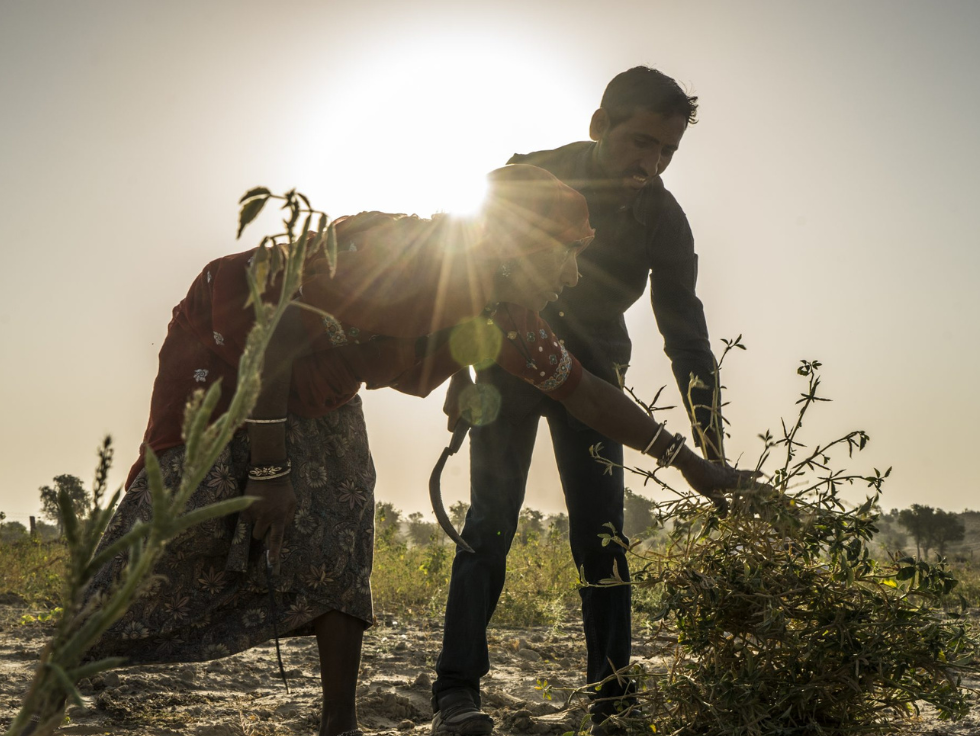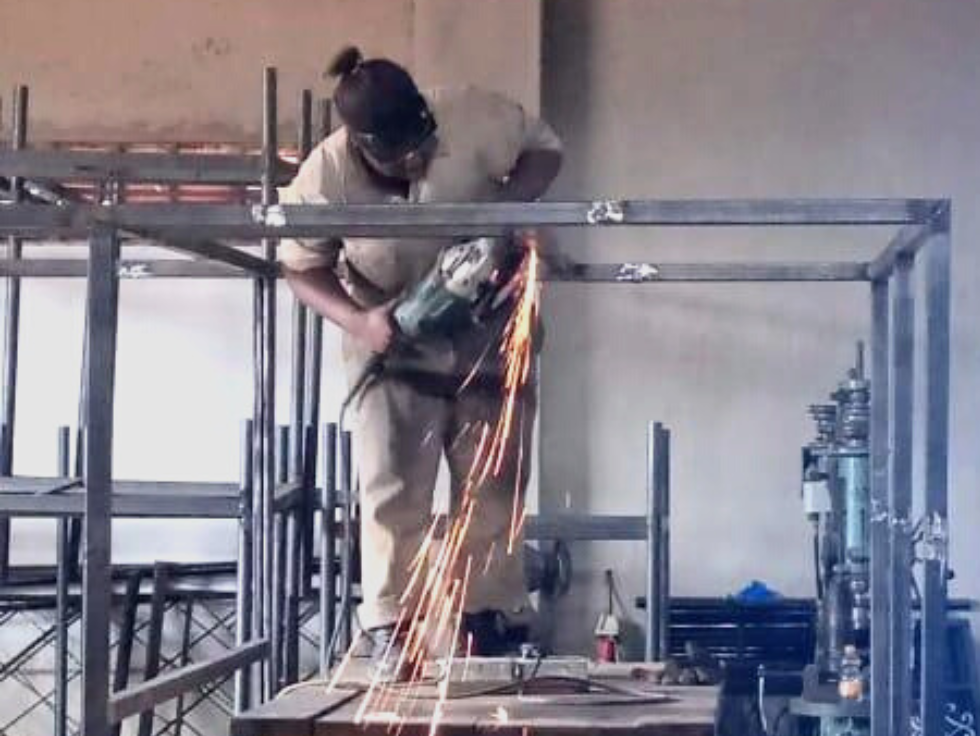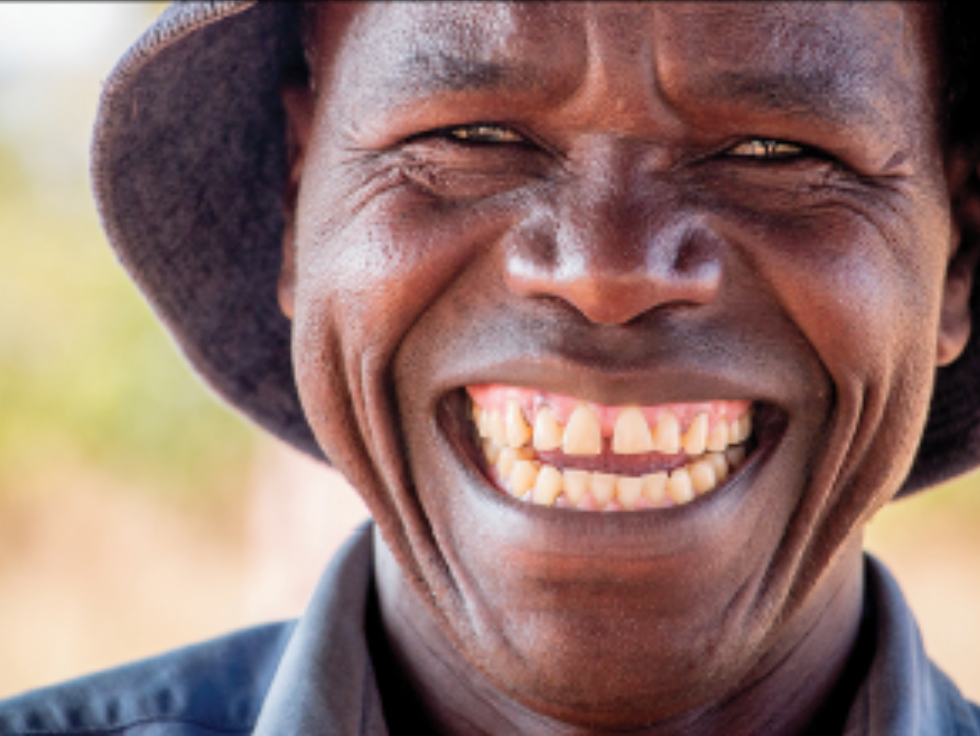Surviving Covid and severe weather to build a brighter future
Ending poverty, one person at a time

It’s been a tough time for the world’s most vulnerable people. This year, an estimated 75-95 million additional men, women, and children will fall into extreme poverty worldwide. That’s roughly the equivalent of one out of every four people in the United States.
At the same time, the number of people affected by hunger has risen by 20% since 2019. An astounding 40% of the world’s population is currently unable to afford a healthy diet.

Transforming Lives and Livelihoods Around the World
These numbers may seem overwhelming or hopeless. But–perhaps surprisingly–our perspective at TechnoServe is actually the opposite.
That’s because when low-income people gain the right skills, connections, and confidence, they build a lasting path out of poverty for themselves and their families.
Here are just a few of the people who have defied the odds in recent years and fought their way out of poverty:

James Kamanjiri and Lucy Wacuka, Kenya.
One recent summer, James Kamanjiri and Lucy Wacuka lost nearly everything. A Kenyan couple who had farmed coffee for years, they expected to harvest over 2,000 pounds of coffee cherries that season.
Instead, James strode out one day to find that “my whole crop dropped to the ground.”
Their farm had been hit by coffee berry disease–a devastating fungus that is increasingly common as the climate warms. In shock, James and Lucy harvested what they could: just over 200 pounds of coffee, ten times less than they hoped. It barely covered their costs.
With their livelihood suddenly uncertain, James and Lucy sought counsel from a TechnoServe team working nearby. Through farmer trainings and coaching, the couple learned environmentally friendly ways to combat coffee berry disease, as well as how to dramatically improve the yields and quality of their coffee.
“My whole crop dropped to the ground.“
__JAMES KAMANJIRI
They saw results the very next season. The couple harvested over 2,500 pounds of coffee cherries–more than they ever expected even before the coffee fungus hit. The next year, they harvested over 3,000 pounds of cherries. And they haven’t looked back.
The huge income boost allowed James and Lucy to build a better house, where they could live in comfort as they enter old age. They started a vegetable farming business to increase their income even more.
And they paid school fees for two of their grandchildren–passing on a better life to a new generation.

Ruth Nabatanzi, Uganda
Ruth Nabatanzi felt like she could never get ahead.
Forced to leave school and enter the workforce when her mother died, she earned barely more than a dollar a day selling fruit on the streets of Kampala, Uganda. She lived with her sister, but their combined income was never enough–especially as prices began rising around the world. “I couldn’t afford basic personal needs, and we weren’t able to afford two meals a day,” Ruth recalls.
When she heard about a TechnoServe business and apprenticeship program, it was like a second chance at the education she never got to finish. Ruth threw herself into the program, learning financial literacy, marketing, strategy, and other business skills. She decided to enter the welding profession–a male-dominated sector but much more lucrative than other options.
“I couldn’t afford basic personal needs, and we weren’t able to afford two meals a day.”
__ RUTH NABATANZI
Soon, she secured a welding job where she earned over $30 a day–a world away from the $1.40 she would scrape together each day before.
Ruth can now pay rent comfortably and has bought new clothes, household supplies, and even luxuries like a radio and a new mattress. She and her sister can afford food for every meal. And she regularly sends home money to support her father in the village. Today, Ruth is planning to open her own welding business and expand her success to even more people around her.
“Once I open my own workshop, I will employ more women and girls, and give them an opportunity to enter new sectors that most women shy away from, yet are more profitable,” she says.
“I have no children yet, but I know when I do have them, I’ll be able to take them to school and pay for their education,” she says. “They will not drop out like me.”

Rosa Gonzalez, Nicaragua
First, Rosa Gonzalez’s coffee trees withered under increasingly hot summers. Then in 2020, back-to-back hurricanes hit Nicaragua, devastating farms and homes across the country. A single mother, Rosa could not afford the cruel unpredictability of climate change.
“My income serves to guarantee the food and care of the family,” Rosa shares. “I don’t have my own house. We live in my mother’s adobe house without a floor, without basic services, and with only the necessary things to live.”
So she jumped at the chance to work with TechnoServe on a program improving farmers’ crops and market connections. There, she learned how banana trees could be a good business opportunity–producing fruit year-round while also providing shade for her coffee crops.
“My income serves to guarantee the food and care of the family…”
__ROSA GONZALEZ
She set to work growing a new variety of bananas with more commercial demand, applying environmentally friendly farming practices from TechnoServe that improved the quality and yields of her crops. She still cultivates other crops, but her bananas have now become a key moneymaker. “Before, we sold it by the branch to an intermediary,” she says. “Now we sell it by the kilogram through a cooperative and get a better price.”
Better prices mean better opportunities for Rosa’s son–the shining light in her life and main driver of all she does.
“What motivates me to get up in the morning is my son,” she says. “I have to do many things to provide him with food, with good health. I’m working because I want to see him grow up. I want to give him an education. I want to teach him many things that maybe I didn’t get in my own life.”

Better Incomes, Brighter Futures
These are just a few of the people who forged pathways out of poverty– lighting a path forward for their families, lifting up entire communities, and building the foundation for a better future, for generations to come.
All they needed was the right knowledge and opportunities to unlock their innate potential.
These stories haven’t always made headlines. But they have changed the world–one person at a time.

Each individual’s success then opens a world of possibility. A better livelihood means better food, health care, education, and opportunities for everyone in a family–advantages they can pass on to future generations. A profitable farm or business means more local jobs and economic development for a whole community.
Everyone deserves the chance to build a better future. Donate today to ensure that more people like James, Lucy, Ruth, and Rosa have that opportunity. Your gift can help end poverty, one person at a time.



